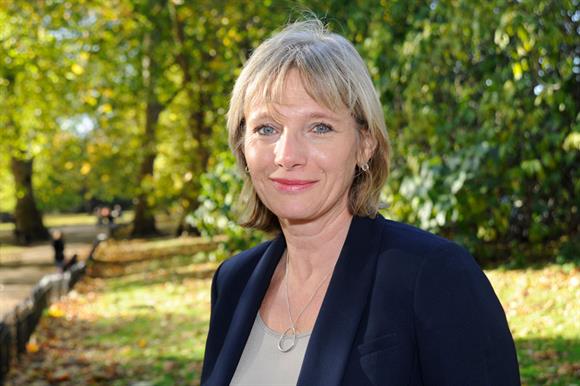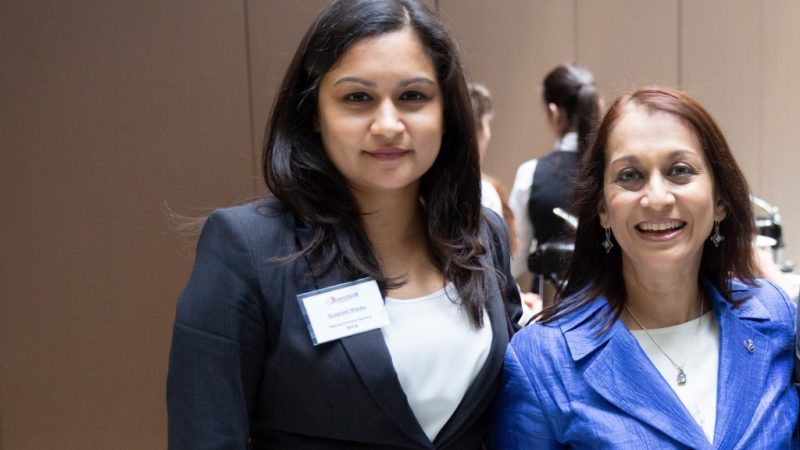Charities must do more to promote diversity

New research involving around 3,500 trustees shows boards are not reflective of the communities charities serve, with men outnumbering women two to one. It recommends that charities do more to promote diversity on their boards and encourage applications from women, young people and people from ethnic minority and socially diverse backgrounds. The report was commissioned by the Office for Civil Society and the Charity Commission, and delivered by a consortium led by Cass Business School and the Cranfield Trust.
The research finds that men outnumber women trustees on boards by two to one. The majority (92%) of trustees are white, older and above average income and education.
The research also finds that charity trustees, who are overwhelmingly volunteers, feel positively about their role and about the personal reward and satisfaction it gives them. It also highlights that trustees’ contribution to charities amounts to a monetary equivalent of around £3.5 billion a year.
The researchers surveyed a sample of 19,064 trustees, via a national survey in January 2017. Around 3,500 trustees responded to the survey.
The report finds that:
- 71% of charity chairs are men and 68% of charity treasurers are men
- the average age of trustees is 55-64 years; over half (51%) are retired
- 75% of trustees have household incomes above the national median
- 60% of trustees have a professional qualification; 30% have post-graduate qualifications
- 71% of trustees are recruited through an informal process
- in 80% of charities trustees play both a governance role and an executive role – they have no staff or volunteers from whom they can seek support
- 70% of trustees are involved in charities with an incomes of less than £100k a year
- trustees report lacking relevant legal, digital, fundraising, marketing and campaigning skills at board level
- trustees are concerned about their skills in dealing with fraud and external cyber-attack.
- trustees seek support and advice from one another - 80% of all respondents regard this as their most important internal source of advice and support, with only 6% seeking guidance or training from an external provider
- on average, trustees donate almost 5 hours a week to their trustee roles.
The report also recommends that guidance and support for trustees should be reviewed and enhanced and should draw on developments in digital technology.
The Charity Commission, the regulator of charities in England and Wales, has published a formal response to the research, which points to the growing importance of charities to our society, as charities perform a wide range of public functions – such as medical research and animal welfare - and take increasing responsibility for the delivery of public services.
Helen Stephenson, the Commission’s chief executive, says that the research findings offer encouragement, but also point to systemic issues around the diversity of and recruitment to trusteeship:
"Trustees make a vital contribution to our society and communities up and down the country rely on their voluntary efforts. It is heartening that, despite the demands on their time and expertise, trustees are overwhelmingly positive about their role.
But there is no room for complacency about the state of trusteeship. Trustees do not reflect the communities charities serve. Charities are therefore at risk of missing out on the widest range of skills, experience and perspective at board level – indeed trustees themselves report lacking key skill areas, including digital. Uniformity at board level also puts charities at risk by creating a culture of “group think” where decision making can go unchallenged - something our casework bears out. Diversity of experience, approach and personality helps guard against such problems and enables any organisation to foster a culture that is conducive to good governance.
I welcome this extensive and rigorous research and hope its findings act as a catalyst for action by charities to promote diverse trusteeship, and to better support existing trustees in their work. Trustees tell us that they enjoy their roles and I want more people from different backgrounds to benefit from this important experience."
Lead researcher Professor Stephen Lee, Cass Business School said:
This is the first comprehensive research of the Charity Commissions register of trustee roles. The findings contained in this report dispel a number of previously prevailing myths about charity trusteeship.
Contrary to earlier research, over 85% of trustees reported that they were fully or mainly aware of their responsibilities when they were appointed, and this increased to 90% being fully or mainly aware of their legal responsibilities as a board member.
The vast majority of trustees (80%) are located in very small charities with no staff to support them. In practice, this means that these trustees must address both managerial and governance demands if the charities that they represent are to sustain themselves effectively.
Despite this, most charity trustees find the role personally rewarding (90%) and regard it as important or very important to them (94%). The monetary value that their voluntary service delivers to society is estimated at £3.5 billion per annum.
Also published today, as part of the same research programme, is a report by The Cranfield Trust and National Council for Voluntary Organisations (NCVO) which examines the advice and support available to charity trustees.
The report finds that the uptake of formal support by trustees is low, and that trustees report finding difficulty in identifying appropriate support. Organisations providing trustee services confirm the findings of the Cass research that trustee recruitment is largely informal, and raise questions about whether existing support offerings are tailored to the needs of trustees.




